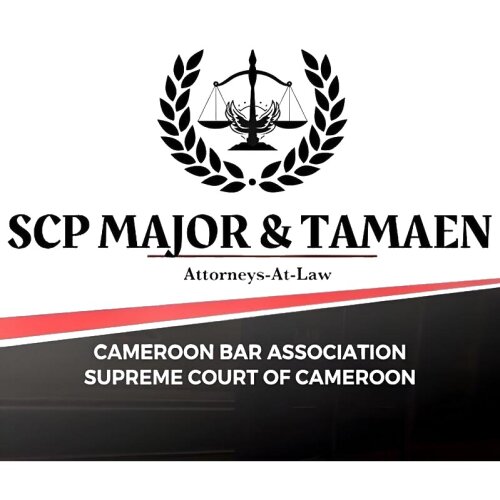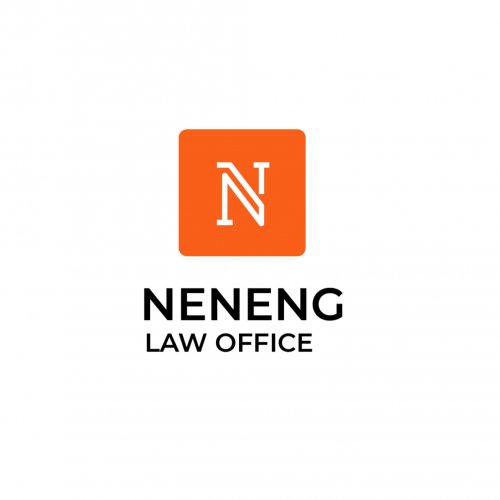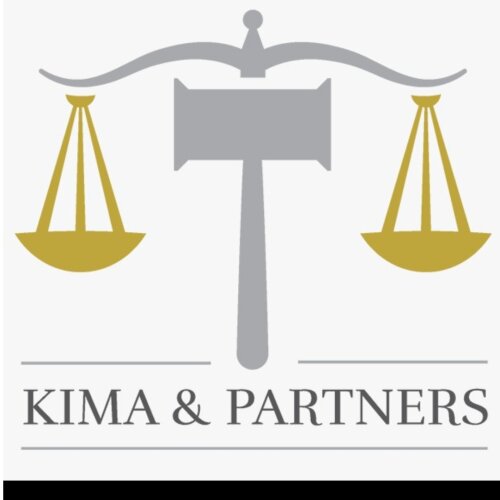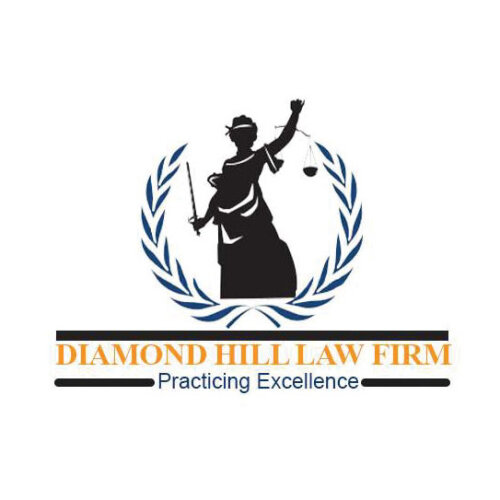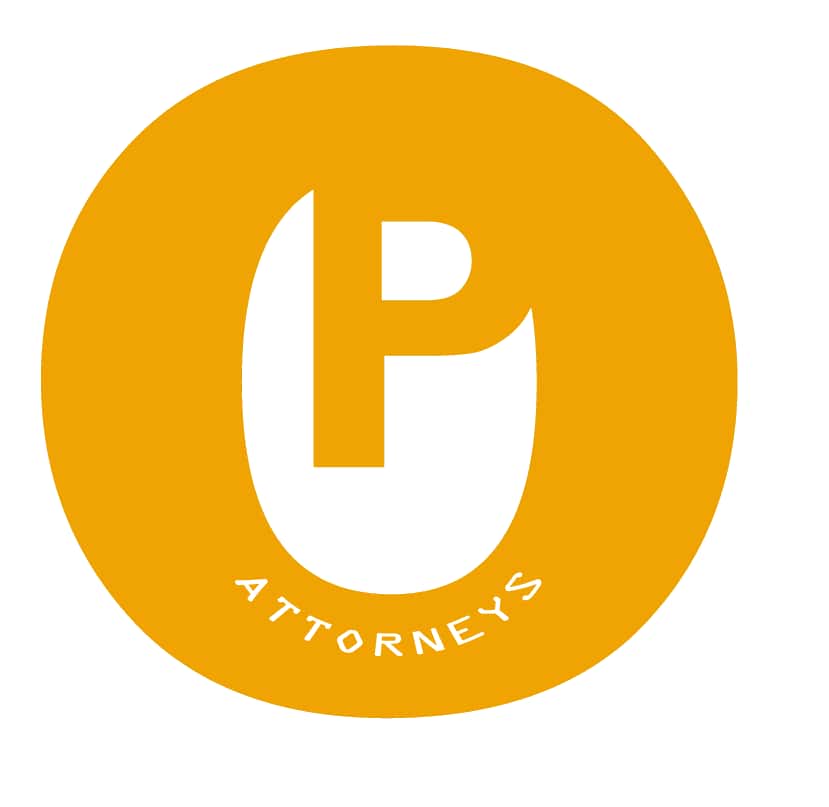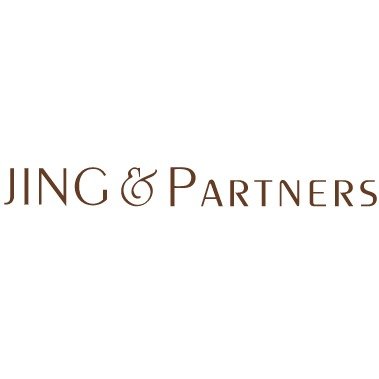Best Project Finance Lawyers in Cameroon
Share your needs with us, get contacted by law firms.
Free. Takes 2 min.
Or refine your search by selecting a city:
List of the best lawyers in Cameroon
About Project Finance Law in Cameroon
Project finance in Cameroon is a specialized legal and financial approach used to fund large infrastructure and development projects, such as roads, energy plants, ports, and telecommunications. Under this model, the financing of a project is mainly secured by the future cash flow generated by the project itself, rather than the overall balance sheets of project sponsors. In Cameroon, project finance is commonly used for both public and private sector projects and often involves partnerships between government entities and private investors known as Public-Private Partnerships (PPP). These arrangements are guided by a complex legal framework that includes national laws, OHADA regulations, and sector-specific rules.
Why You May Need a Lawyer
Seeking legal support in project finance can protect you from unnecessary risks and ensure your interests are safeguarded throughout the project’s life cycle. You might need a project finance lawyer in Cameroon if you are:
- Negotiating or drafting financing agreements for a new infrastructure, energy, or industrial project
- Entering a joint venture or Public-Private Partnership with the government or foreign investors
- Addressing regulatory compliance issues and securing necessary permits or licenses
- Dealing with land rights, concessions, or environmental approvals
- Handling restructuring, refinancing, or dispute resolution arising from existing project finance arrangements
- Seeking advice on tax implications and structuring for project investment
- Navigating foreign exchange, cross-border finance and repatriation of profits
A lawyer with project finance expertise will help you understand contractual terms, protect your financial interests, and ensure you comply with complex government regulations.
Local Laws Overview
Project finance in Cameroon operates under a combination of national and regional legal systems, including:
- OHADA Uniform Act: Cameroon is a member of the Organization for the Harmonization of Business Law in Africa (OHADA). Its Uniform Acts on Security Interests, Commercial Companies, and Arbitration provide the backbone for project finance contracts and dispute resolution.
- National Laws: Laws governing public procurement, PPP, land tenure, investment, and the environment all impact how project finance is structured and run.
- Sector-Specific Regulations: Finance laws covering energy, mining, transport, and telecommunications often have their own licensing and compliance rules.
- Banking and Foreign Exchange Rules: The Central African Economic and Monetary Community (CEMAC) and Cameroon’s own financial regulations dictate how funds are transferred, loans are structured, and profits repatriated.
Due to the intersection of regional and national laws, and the involvement of multiple government agencies, expert guidance is critical to ensure compliance and avoid legal disputes.
Frequently Asked Questions
What is project finance?
Project finance is a method of funding large-scale projects using the project's own assets and future revenues as collateral, rather than the balance sheets of the project sponsors or investors.
Who usually participates in project finance transactions in Cameroon?
Participants typically include project sponsors, lenders (banks and development finance institutions), government entities, construction and operating companies, and sometimes multilateral agencies.
What are Public-Private Partnerships (PPP)?
A PPP is a contractual arrangement between a public authority and a private company for delivering a public service or project, with risks and rewards shared between the parties.
What legal documents are essential for a project finance deal?
Key documents include the loan agreement, security agreements, concession or license agreements, construction contracts, operation and maintenance contracts, and often government guarantees.
What are the main legal risks in project finance?
Common risks include changes in law or regulation, breaches of contract, failure to obtain necessary permits, delays in construction, and exchange rate fluctuations.
Does Cameroon allow foreign companies to participate in project finance?
Yes, foreign companies can participate, but they must comply with local investment regulations, obtain the proper permits, and may need a local partner for certain projects.
What role does OHADA law play in project finance?
OHADA law sets rules for business entities, secured lending, and dispute resolution, which apply to project finance deals in Cameroon given the country's membership in OHADA.
How is security for lenders structured in Cameroon?
Lenders often require various forms of security, such as pledges of project assets, revenue accounts, and assignment of project contracts. The enforceability of these securities is governed by OHADA law and local statutes.
Are there environmental laws that impact project finance?
Yes, environmental impact assessments and compliance with environmental regulations are required for most large projects. Non-compliance can delay or derail project financing and implementation.
How can disputes in project finance be resolved in Cameroon?
Disputes can be resolved through negotiation, mediation or arbitration, often under OHADA arbitration rules. Some contracts may also specify a jurisdiction for legal proceedings.
Additional Resources
Those seeking more information or assistance can consult the following resources:
- Ministry of Public Works (MINTP): Responsible for infrastructure project oversight and PPP regulations
- Investment Promotion Agency (API): Provides guidance on investment procedures, incentives, and compliance for foreign and local investors
- Cameroon Bar Association: Directory of licensed lawyers specializing in business and project finance law
- OHADA Permanent Secretariat: Offers access to OHADA legal texts and case law relevant to business transactions and project finance
- CEMAC Central Bank (BEAC): Regulates foreign exchange, banking, and monetary policy for the region, including rules impacting project finance transactions
Next Steps
If you are considering a project finance transaction or facing challenges with an ongoing project, you should:
- Identify the key aspects and goals of your project
- Gather all project documents, permits, contracts, and financial records
- Consult with a lawyer experienced in project finance and Cameroonian law as early as possible
- Seek guidance on regulatory compliance and the required procedures for your project sector
- Carefully review and negotiate all agreements to protect your interests
- Stay informed about new laws or regulations that could impact your project
A qualified lawyer can help you navigate the complexities of Cameroonian and OHADA project finance law, minimizing risks and increasing the chances of a successful outcome for your project.
Lawzana helps you find the best lawyers and law firms in Cameroon through a curated and pre-screened list of qualified legal professionals. Our platform offers rankings and detailed profiles of attorneys and law firms, allowing you to compare based on practice areas, including Project Finance, experience, and client feedback.
Each profile includes a description of the firm's areas of practice, client reviews, team members and partners, year of establishment, spoken languages, office locations, contact information, social media presence, and any published articles or resources. Most firms on our platform speak English and are experienced in both local and international legal matters.
Get a quote from top-rated law firms in Cameroon — quickly, securely, and without unnecessary hassle.
Disclaimer:
The information provided on this page is for general informational purposes only and does not constitute legal advice. While we strive to ensure the accuracy and relevance of the content, legal information may change over time, and interpretations of the law can vary. You should always consult with a qualified legal professional for advice specific to your situation.
We disclaim all liability for actions taken or not taken based on the content of this page. If you believe any information is incorrect or outdated, please contact us, and we will review and update it where appropriate.
Browse project finance law firms by city in Cameroon
Refine your search by selecting a city.






